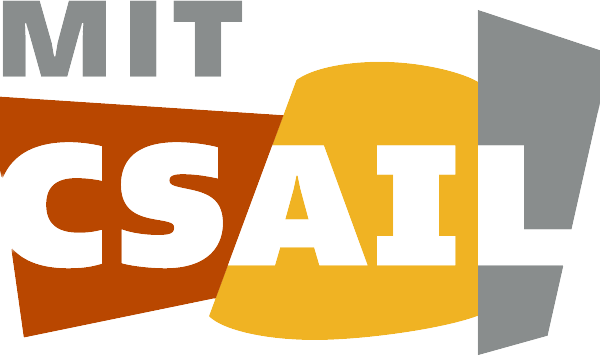Web Services
TIG offers and maintains a variety of Web publishing options for our community. If you need to host content for your group on a web site, but you’re not exactly sure where to begin, you can always send us email at help@csail.mit.edu. The following is a quick overview of available options.
In general, we suggest that you use static page based sites wherever possible, for several reasons: first, static sites are less susceptible to being defaced or compromised than sites that run server-based software (like a CMS or Wiki). Second, static sites usually load much more quickly than sites written in a server-based language. Finally, they are much easier to pick up and transport to a new hosting site, since there are no dependencies on particular software versions to maintain.
However, we recognize that there are times when a dynamic site is the right tool for the job. In cases where you need to do more than just host pages and other content—for example, to use web forms, collaborative editing (besides what is available in version control systems like Git), front ends for databases, and so forth—you’ll need to make a choice between using pre-made software, like a CMS (content management system, like Drupal or Wordpress), rolling your own (using a framework like Django or Rails, for example). We can help you arrive at an optimal solution.
Shared web hosting
- Web server architecture — our webserver cluster and its
capabilities, including
- Shared websites for static content, which you can use without prior coordination with TIG
- Custom domains for websites, which support dynamic content (and also provide more memorable URLs)
- Web server logs — for troubleshooting and statistics
- Distributing data sets from NFS
- Creating personal web pages is described under people.csail.mit.edu on Shared websites for static content.
- Granting the web server write access to a directory
- Sending redirects for particular web pages
- (Redirecting an entire website is described under Redirects on the Web server architecture page.)
- Restricting web access with .htaccess and OIDC
Running your own web server at CSAIL
- Automatic HTTPS configuration for Apache using
mod_md - Configuring your own Apache Server with OIDC Authentication
Hosting your website elsewhere
We have information about a couple of the many options for hosting your website outside of CSAIL:
- Non-CSAIL website hosting options,
which discusses
- GitHub Pages
- MIT Sites (external link to IS&T’s documentation on their hosted WordPress offering)
Databases
- Create your own MySQL database (CSAIL Login required) on mysql.csail.mit.edu
- postgres.csail.mit.edu serves PostgreSQL schemas to CSAIL users (via their CSAIL Kerberos principals) and automated processes/web applications (via standard passwords), upon request to help@csail.mit.edu.
- Do NOT use SQLite to store data anywhere in AFS (including home directories and web docroots). It assumes file locking semantics that AFS does not provide, and corrupted databases will result.
Deprecated documentation
- We strongly recommend using
mod_mdas described under Automatic HTTPS configuration for Apache or some other way of getting LetsEncrypt certificates, but if for some reason you need a commercial certificate we have some old documentation on Requesting an InCommon SSL certificate for other servers.


